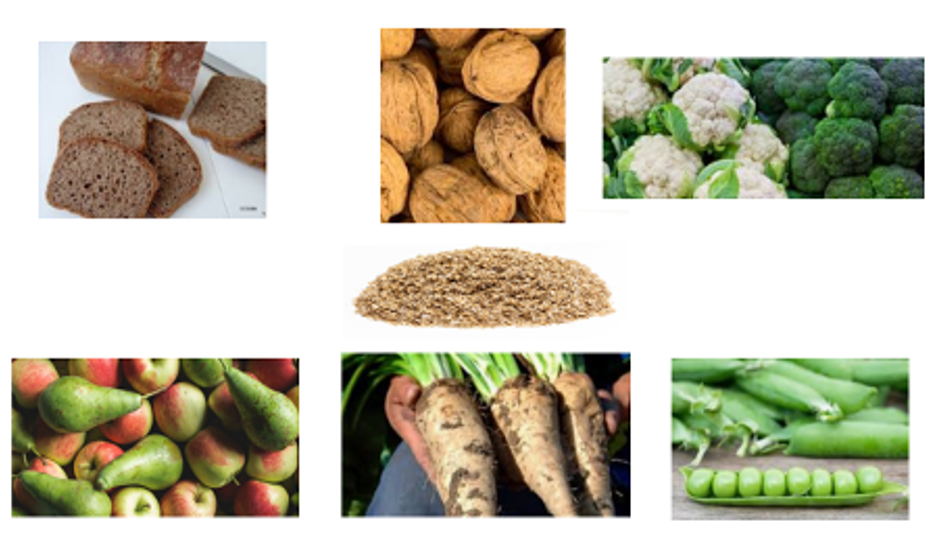
09 Jun Combinations of Vegetables for Better Health
In the Netherlands, over 1 million people suffer from chronic bowel disorders, one major factor of this being that people do not eat sufficient fibre. Additionally there is growing scientific evidence that not only the amount of fibre but also combinations from different plant sources will determine the beneficial effects. Fibre serves as a substrate for bacteria in the gut producing small bio-active components that have positive effects on the fat and protein metabolism as well as on the immune response. They also lower the risk of cancer and other chronic diseases.
More research, however, is necessary to substantiate these effects. In our project we will include combinations of beets and carrots, fruits, pulses, cereals and cabbages. Thereby Keep Food Simple aims to support the complete usage of the harvested vegetables. In doing so waste will be minimalised, and the full nutritional benefits will be made more readily available.
However focus on the importance of eating more fibre-rich food has not led to the desired changes in our consumption pattern. There is not much evidence that the recommended level of a minimum of 35 gr of fibre per day will be reached in the foreseeable future. Neither will the consumption of combinations of plant products be seen as a priority, certainly not in the short term.
In this project Keep Food Simple has chosen an integrated approach with the focus on both communicating the necessity of eating more and better fibre, as well as providing a real understanding of the effects of fibre on a healthy gut.
The communication part of our project, which aims at a clearer message on the health benefits of vegetable food products to a wider audience, will be done in alliance with partners with a sizeable outreach to consumers and food professionals.
Our first partner is Dutch Cuisine. They promote the preparation of good quality food using local ingredients and avoiding waste. Through an impressive group of ambassadors consisting of top restaurants and their chefs, the message of more and better fibre will be made available for professionals as well as for the general public.
Next Keep Food Simple will also directly communicate our message through presentations and videos using social media.
The science part will be done in collaboration with our partners in Maastricht and Wageningen Universities. Both have extensive experience in gut health research and the role of fibre.
The current advice from the Voedingscentrum is: eat 35 grams of fibre per day. If our research confirms the importance of diversity of fibre from different sources, this could lead to the following recommendation by the Netherlands Nutrition Centre: eat fibre-rich complete food from different plant sources, because this is better for keeping your body healthy, with better weight control, resistance against illness but also better mental health.



